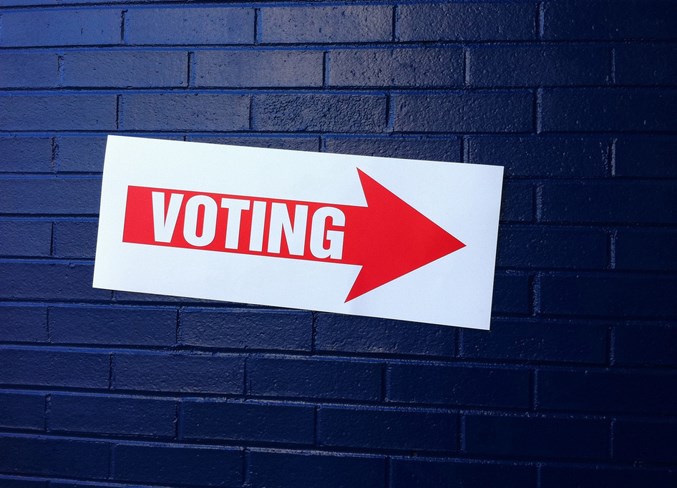ST. PAUL – The Town of St. Paul is considering updating its Election Procedures bylaw, which may involve requiring a criminal record check for every candidate, joining other municipalities across the province that are doing the same thing to better comply with Bill 20.
Bill 20, which received royal assent last summer, revised the Municipal Affairs Statutes Amendment Act and the Local Authorities Election Act (LAEA).
Under LAEA, municipalities are allowed to “require criminal record checks for candidates.”
During discussions at the Nov. 25 Town of St. Paul council meeting, council discussed the bylaw.
Coun. Nathan Taylor questioned if this means people with criminal records could not run in an election, or if it meant releasing their criminal record history to the public to judge.
“I’m just wondering what our end result is,” he said.
CAO Steven Jeffery said administration will check the Local Authorities Election Act (LAEA) to see if there is anything that might answer the question, or if council must bolster its own bylaw instead.
According to the LAEA, some disqualification terms include a candidate committing an offense punishable for five or more years “on or after the day the candidate’s nomination has been accepted,” and on or before election day.
Taylor suggested that if council were to do criminal record checks, that results should be released to the public to avoid any conflict or confusion. Council agreed.
Other topics discussed
Council also discussed the appropriate placement of election signs throughout the community.
Taylor said the proposed two-metre rule restrictions could be too limiting. Under the proposal, signs would need to be placed at least two metres (6.5 feet) away from the curb or the edge of a roadway, but Taylor argued that allowing signs closer to the road would be more ideal.
For example, there are grassy medians and boulevards along some roads where signs could reasonably be placed, such as an area across the golf course along main street.
Jeffery said, “If that was [reduced] to be one metre, I would be more inclined to accept.” That way, signs would not be located right in the middle of a sidewalk, heard council.
“I would agree with the one metre, not the two metres, because the two-metre inset is quite a bit,” agreed Coun. Gary Ward.
Council ultimately passed the first reading of the election procedures bylaw with amendments and directed staff to further review the draft before bringing it back for a second reading.
St. Paul Education
Bill 20 also gives school boards until Dec. 31 of this year to pass a bylaw – if they want to – mandating candidates to provide a criminal record check as part of the nomination process.
On Nov. 13, during the regular St. Paul Education board of trustees meeting, there were mixed reactions among the trustees on the topic.
Trustee Darcy Younghans did not feel it was a necessary chance, and the division should stick to what it has always done.
Trustee Lorette Andersen said either way would work, noting that criminal record checks are mandatory when applying for most jobs.
Trustee Dwight Wiebe said he wanted to gather public input to give the community a chance to share their thoughts on the topic, “As opposed to us just sitting here [and] making a decision on it.”
But Wiebe was open to the idea of requiring a criminal record check for people wanting to run for election, given the importance of trustees dealing with the education of children. He felt it was prudent to have the extra level of screening.
Trustee Jan Rajoo’s foremost concern was the short timeline to pass the bylaw, since the school division might not have enough time to consult with the public due to the timeline.
Superintendent Peter Barron said extra precautions should be taken when passing an election bylaw, noting that a potentially good candidate, for example, may be excluded from being hired due to a minor infraction dating back decades and not related to the job.
Wiebe agreed, reasoning offenses in the past, depending on the level of offense, may not be indicative of a potential candidate’s current character and ability to serve on the board.
Board chair Sylvie Smyl spoke in favour of the criminal record check, saying it helps provide the public with more information.
Wiebe affirmed that he did not feel there was enough time to have a bylaw in place in time for the 2025 election.
“I think we need a little bit more time than just a month and a half,” said Wiebe.
After some more discussion, the board decided not to implement a bylaw requiring a criminal record check due to the tight deadline but may look at the issue again later.



